Our Sustainability Impact
.png?v=1721432641767)
A Better Story Starts Here...
But when food production is done right, we believe it can be part of the solutions to these challenges: regenerating ecosystems and creating equitable jobs and resilient rural communities. That’s the story we want to be a part of.
A better story starts from the ground up, beginning in the fields and orchards where our ingredients grow.
Farmer + Farmworker Wellbeing

Organic Agriculture

After fruits and veggies are picked and packed, we turn them into delicious farm-fresh snacks, made using renewable energy.

What farm-fresh snacks get packaged in is just as important as how they got there.



From farm to fridge, sustainability is core to our business. But this story doesn’t end there.
We’re also engaged in industry collaborations that aim to support Black, Indigenous, People of Color (BIPOC) entrepreneurs and colleagues in our industry. This includes our Entrepreneur Ally Program and a multi-year sponsorship of the non-profit, Project Potluck.


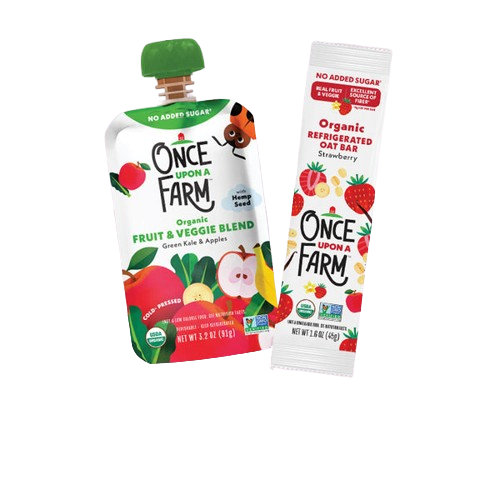
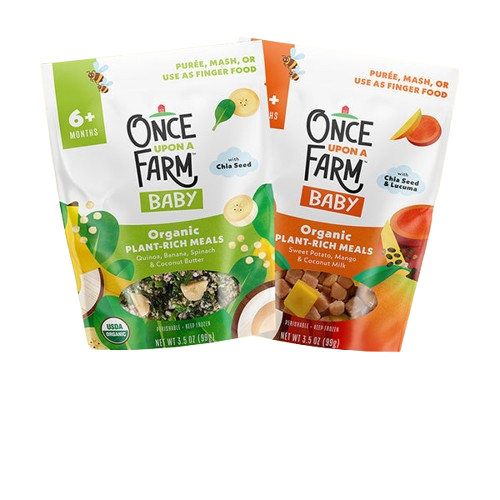
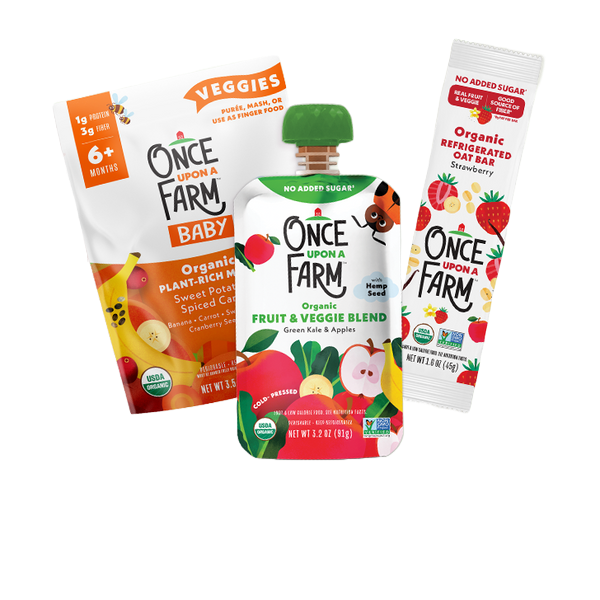
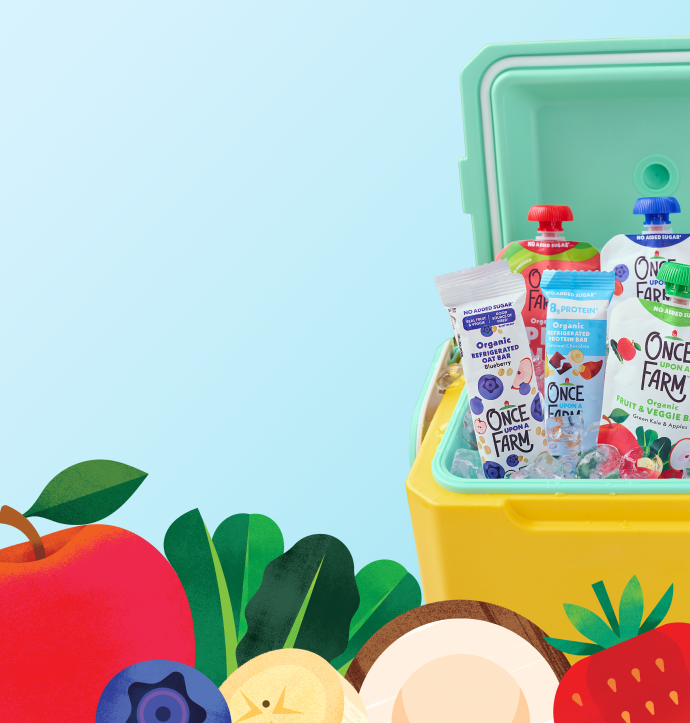


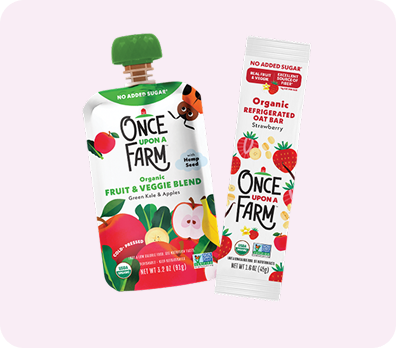
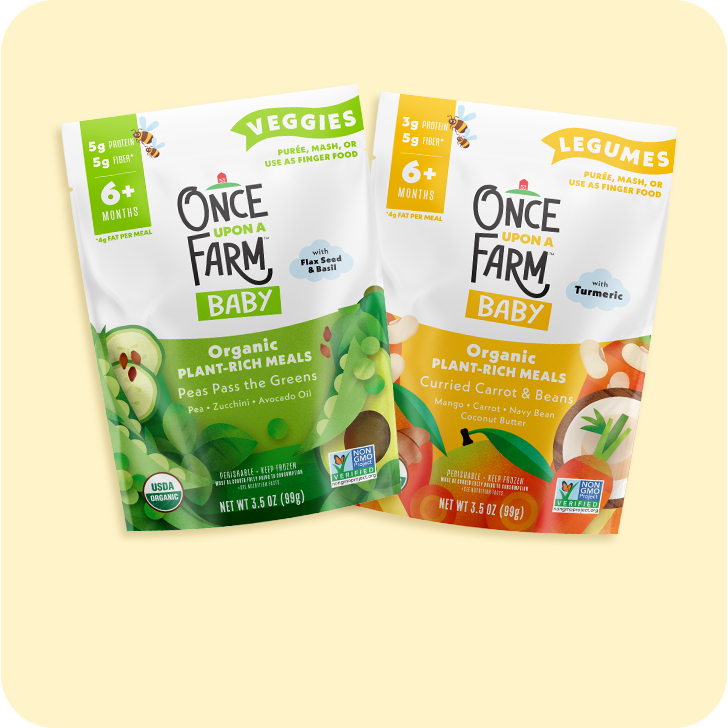
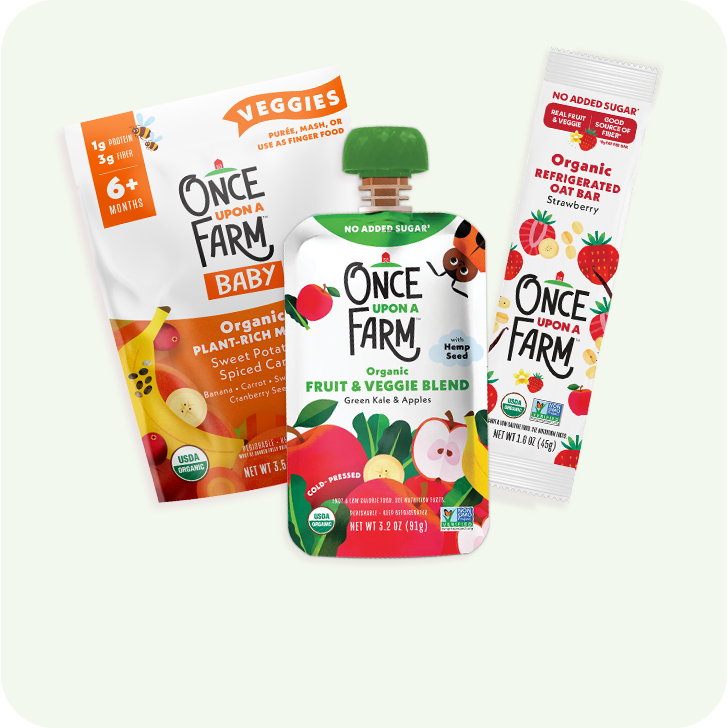
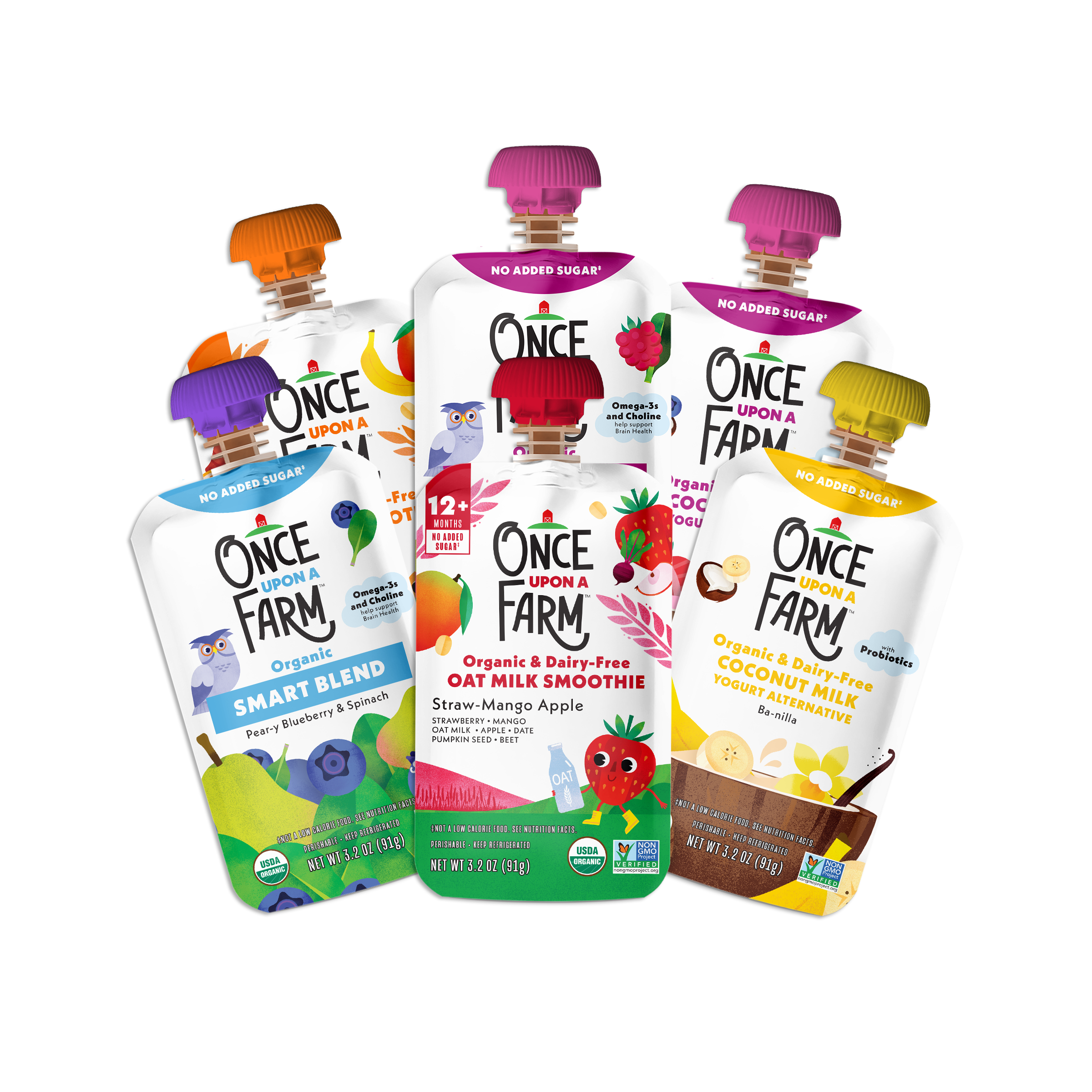
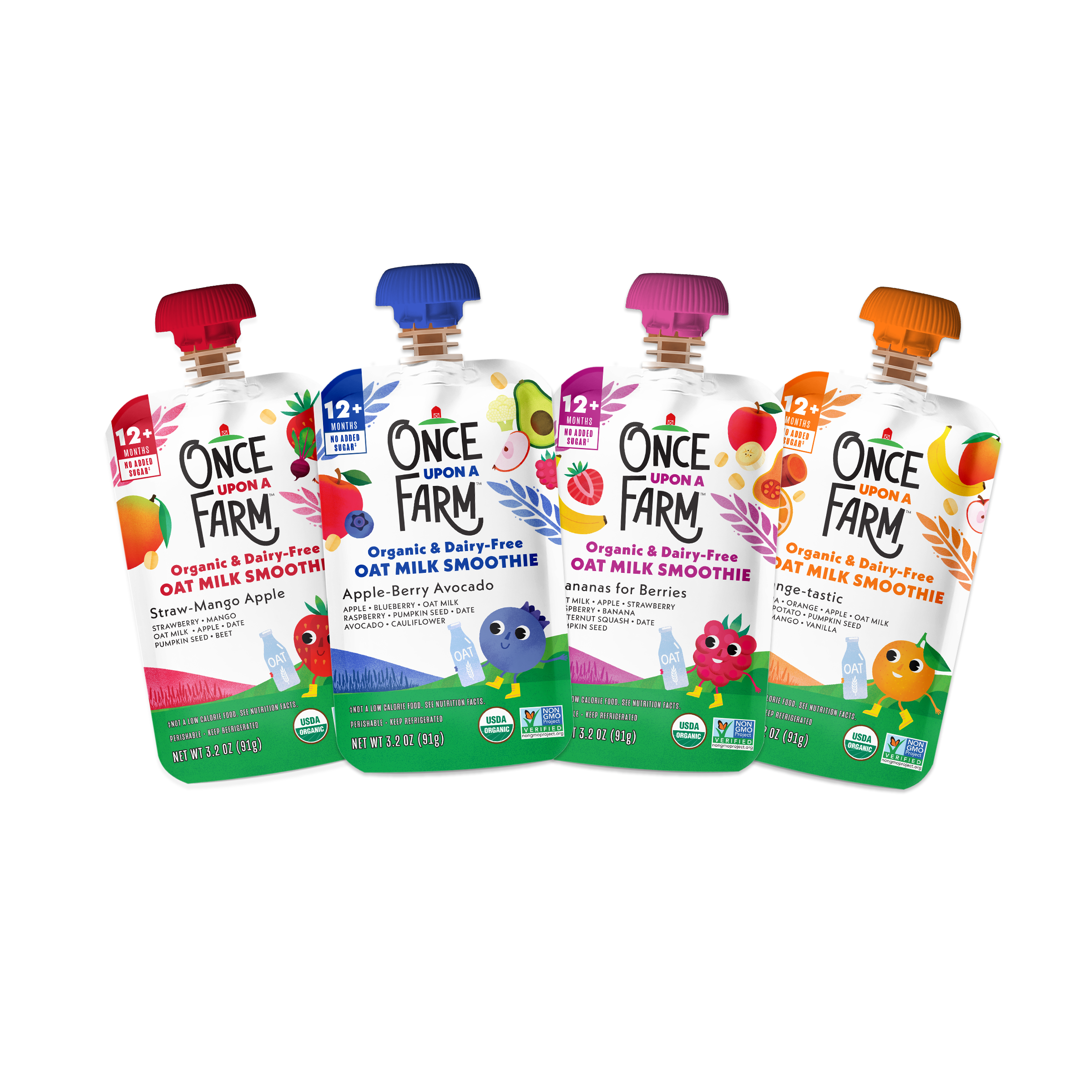
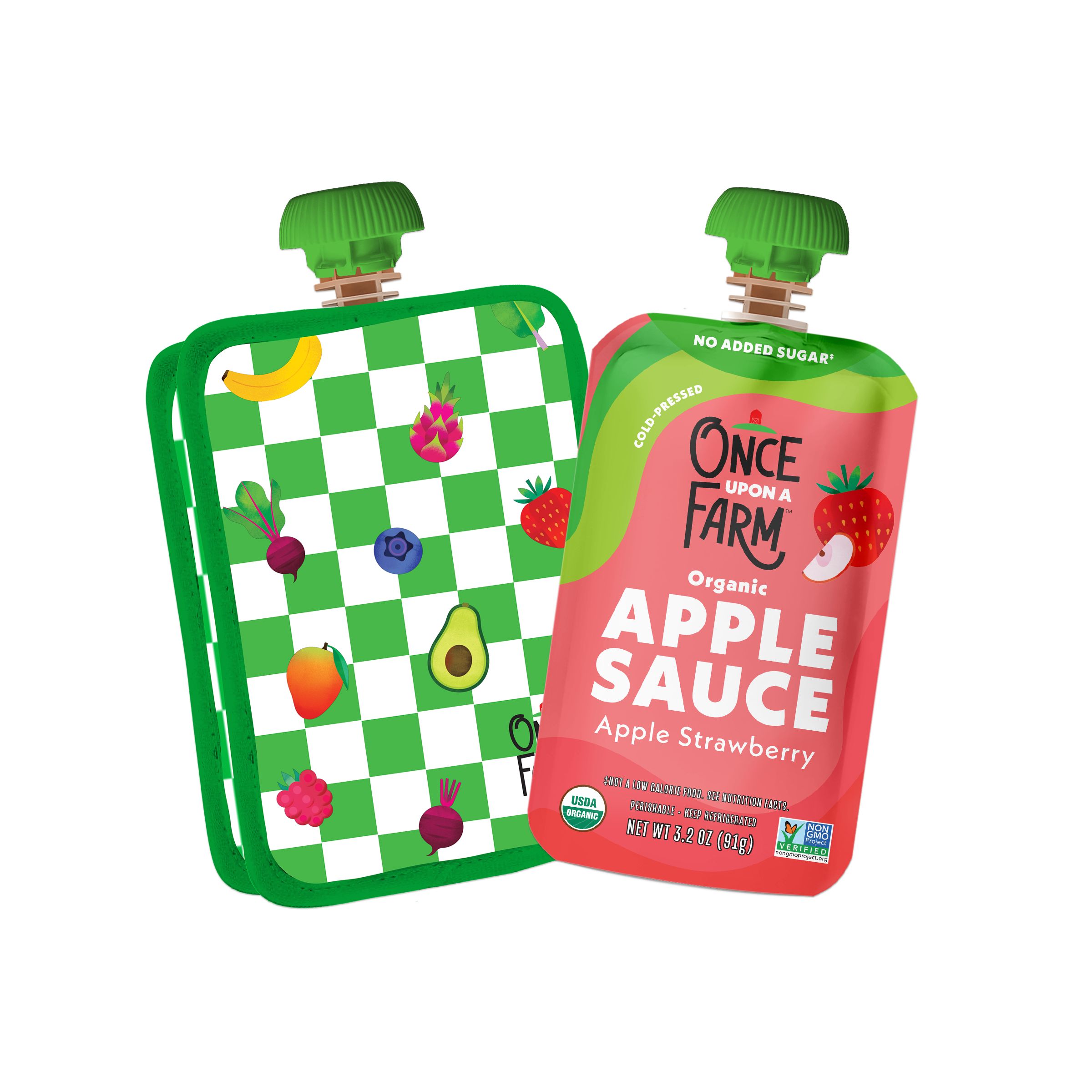
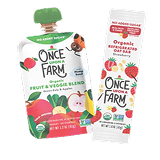
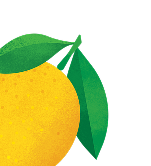


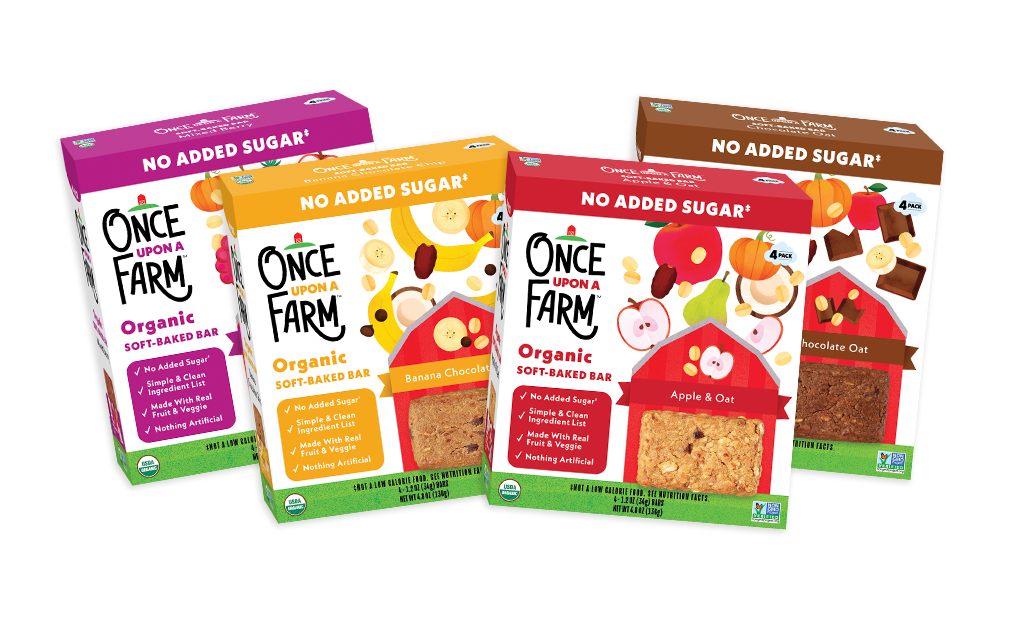

.png?v=1721421065136)










.png?v=1763402269638)



